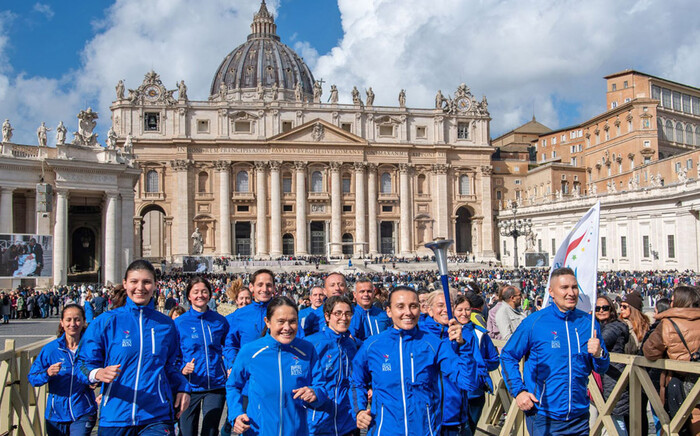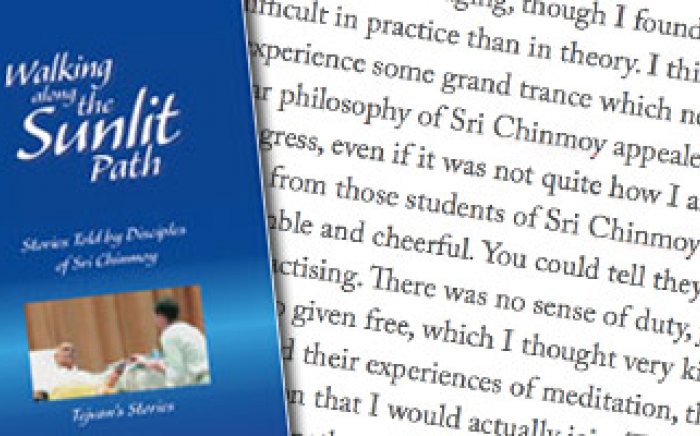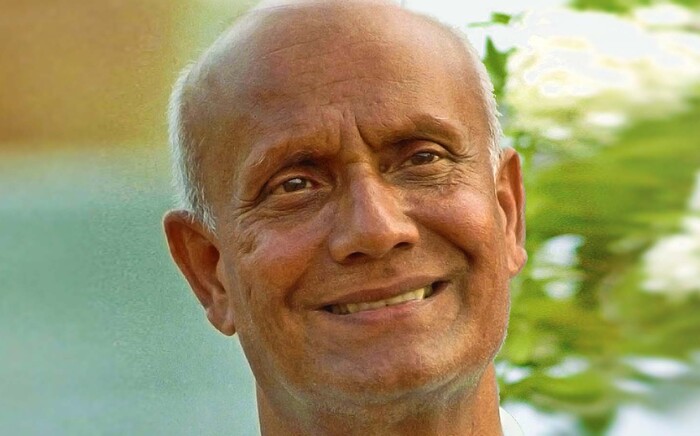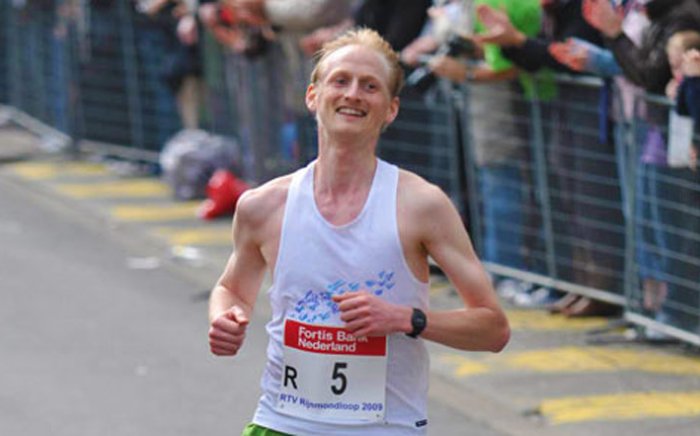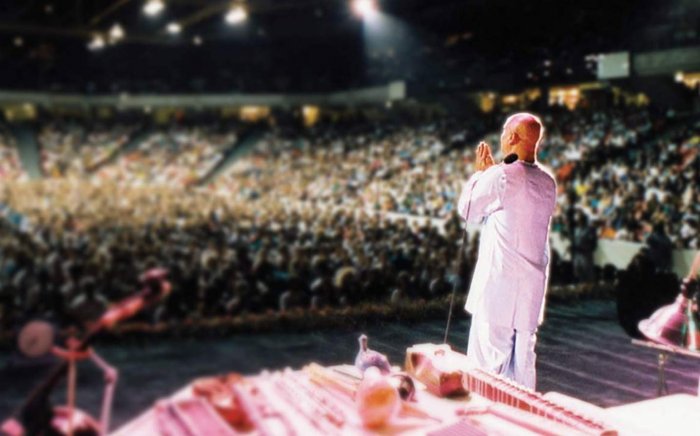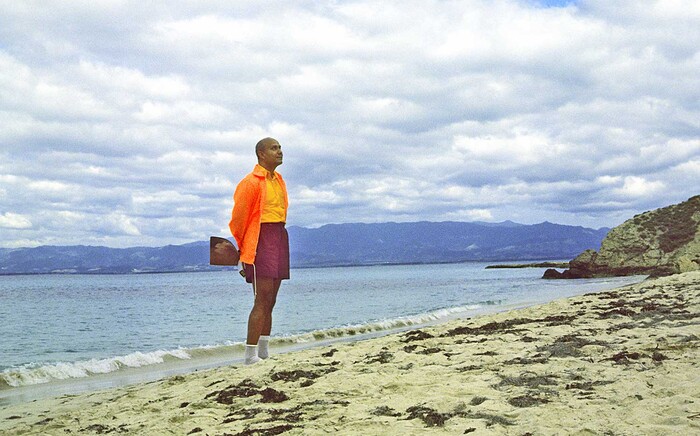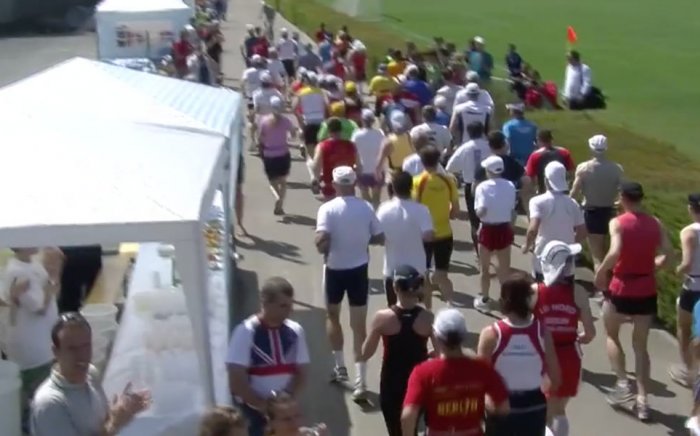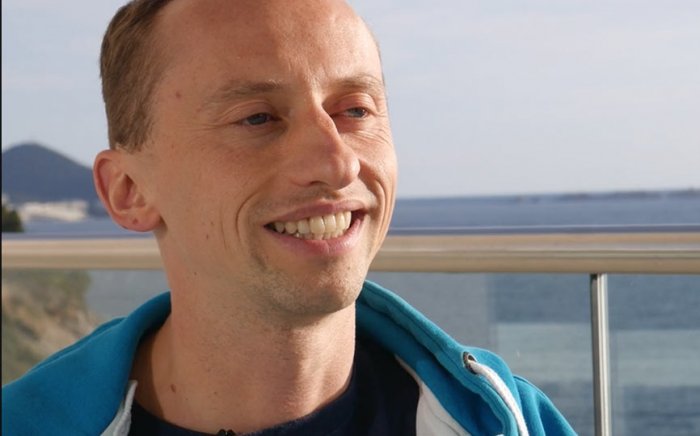It is a good idea to know what you are doing. It is good to give some consideration as to why you are doing it as well.
You could say that I trained for ten years. Certainly I trained seriously and specifically for four months. I trained harder than I ever had before, but then what I was attempting was harder than anything I had attempted before - to run for ten days.
There are those whose response to that endeavour is . . . 'why?' It is a reasonable question. It is one that one should probably ask oneself.
One can justly claim to run for the sake of one's health and fitness, but one cannot claim to compete in a ten-day race for the sake of one's fitness - since it leaves one fit for nothing . . . except perhaps being boiled down for glue.
The mountaineers claim that they climb 'because it is there'. Once one has accepted the notion of long-distance running, there is a similar motivation operating - once I have done a half-marathon, the marathon is 'there'; after the marathon, the 100 km race is 'there'. The new test is the next longer distance.
And the test is some of the motivation. My mother wrote to me - 'please don't put yourself so furiously to the test'. If you find you have some aptitude, you want to explore that, to test the limits of your ability - 'I can run for 24-hours . . . but can I run for six days?'
I think that for everyone who runs long distances the experience is ultimately a spiritual one. They may not express it in overtly spiritual terms but the reality they experience is, I am sure, spiritual in nature. The physical experience of running can be akin to that of meditation. A certain calm and quiet descends upon one, a certain stillness and poise within the dynamic forward movement of the run.
More importantly for me, running has long been used as a metaphor for life, and the spiritual life in particular. Did not St Paul write more than once about running the race of life? (Let us lay aside every weight, and the sin which doth so easily beset us, and let us run with patience the race that is set before us. (Hebrews 12:1)) Is not life a long and difficult race; do we not train hard; do we not face challenges, weaknesses, injuries, that must be overcome; do we not need stamina and perseverance and a simple determination to carry on forwards; can we not stumble and fall and pick ourselves up and run on?
There are frivolous books entitled - 'Everything I Know About Life I Learnt From . . . . My Cat' or some such. The fact is, everything you need to know about life you can learn from running.
Running is a metaphor, and when we run we 'live the metaphor'. Metaphors generally exist only on the page or in the mind. There the metaphor of running can be inspiring. But when we run, when we live the metaphor, when we make it tangible, give it physical substance, it becomes infinitely more meaningful. It leaves the realm of mere mental cogitation and becomes real.
We learn perseverance in life by persevering in running; we learn to cope with disappointments and failures in life coping with disappointments and failures in running; we learn to strive to be ever better in life by striving to be ever better in our running career; we learn to face life's challenges by facing the challenge of distance; we learn to transcend our fears in life by transcending our fears on the track; we learn humility in life by honestly facing our capacities in the race; we learn determination and the ability to strive for long-term but valuable goals when we set out to train for . . . a ten-day race.
The Kathmandu outdoor goods and clothing store uses the catch phrase - 'Live the Dream', and I dare say that that it is what people do when they strap on their crampons and head up the mountain. When I lace up my running shoes and step onto the road that lies ever before me - I dare to 'live the metaphor'.
*****************************************************
Links:
Details of the race - results, photo galleries and such like - can be found at the race webpage -
2006 Self-Transcendence 6 & 10 Day Races
